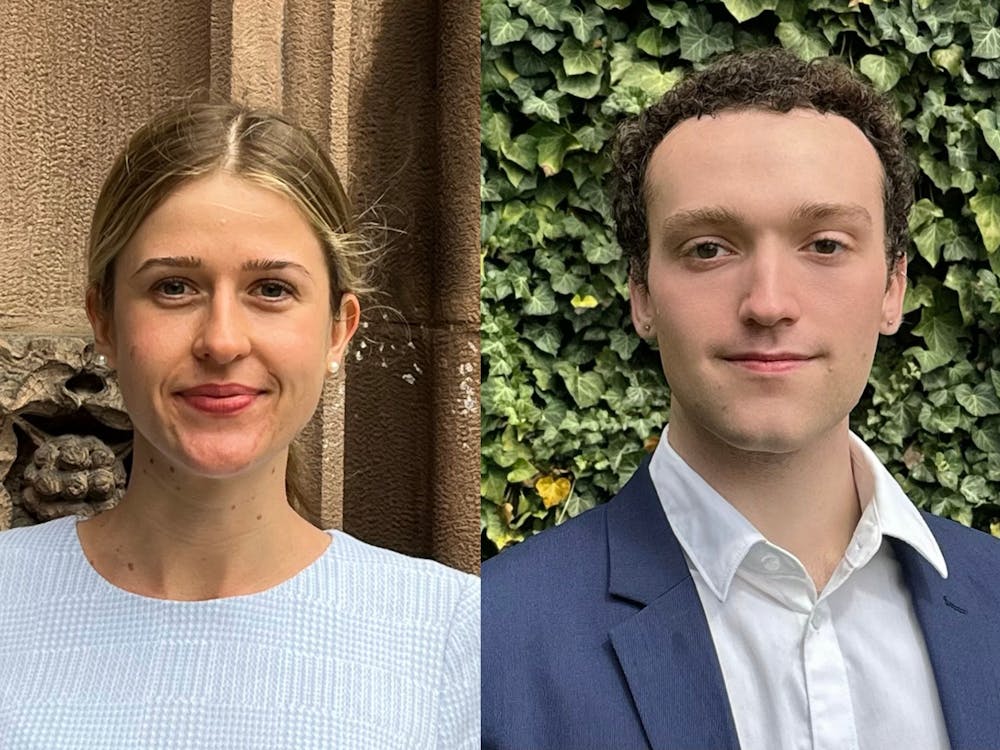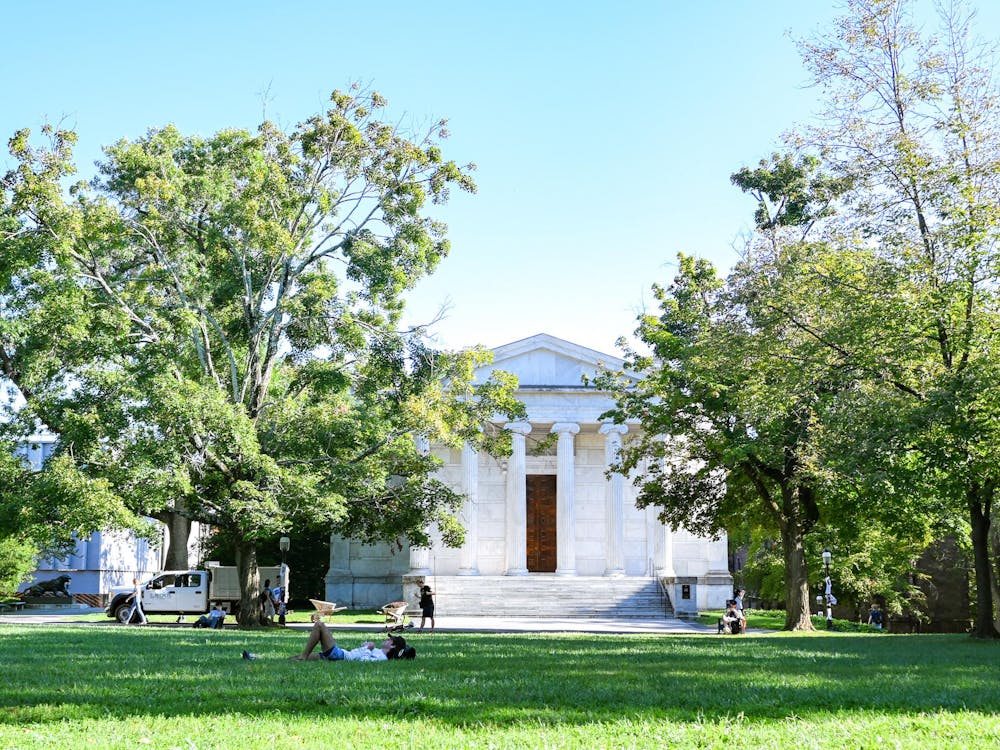While the University routinely accepts alumni donations numbering in the millions of dollars to fund the construction of new facilities and new academic initiatives, it also regularly accepts more modest gifts, which can be as small as $1. These small donations, common among young alumni still seeking to establish themselves professionally, bolster participation rates in annual giving but yield small gains — or even net losses — for the TigerCall office that processes them.
Through TigerCall, the University solicits alumni for donations throughout the year and pays its employees $1 for every credit card number that they acquire, according to Hilary Bernstein ’14, a student employee. She explained that when the University accepts small donations, the cost of processing them may cause it to break even or even lose money.
“We don’t really like to accept donations under $5, since when you consider all the salaries and the bonuses of everybody, the University really doesn’t end up making money,” Bernstein said. “But we still accept these donations anyway.”
“It still helps the participation rates, which is a big thing in itself,” Bernstein said. “We have an overall participation goal of 62 precent, and small donations like these help drum up that participation rate."
Higher participation rates in turn bolster the University’s rankings relative to other schools, she said.
The Office of Annual Giving announced in July that it received over $57 million through its 2012-13 Annual Giving campaign, the second-largest total amount in Annual Giving history.
In contrast to Princeton’s 61 percent alumni giving rate in 2012, Forbes Magazine reported that Harvard and Yale’s alumni giving rates lagged behind at 35 percent and 36 percent, respectively. Dartmouth College’s annual giving rate was the second-highest in the Ivy Leagues after Princeton, at 49 percent.
Bernstein emphasized, however, that in her time working at TigerCall she had only ever heard of one or two cases in which an alumnus donated exactly $1.
Assistant Vice President of Development for Annual Giving William Hardt ’63 said that the University accepts small donations because every gift can make an impact, enabling the purchase of items as small as a beaker in a chemistry lab.
He added that alumni donations, however small the amount, can serve to change their classmates' behavior and encourage greater participation in annual giving campaigns.
“The act of giving influences other people too,” he said. “Every participant increases the percentage and the awareness that the majority of people are giving gifts that cause other people to at least consider the same thing.”

He explained that the small donations the University receives primarily come from younger alumni who are just getting started in their careers. “Maybe they’re beginning in jobs, or internships, or in graduate school, so their resources are more limited,” he added.
Despite the costs that the University incurs in accepting small donations, the Annual Giving program as a whole is still very successful, Hardt said.
“The rate of spending at cost for raising money is roughly 8 cents on the dollar,” he explained. “Obviously, in terms of cost for printing and mailing and phone calls, staff salaries and so forth, you’d have a higher rate of expense relative to a smaller gift, but overall, the program is run very economically.”
Daniel Velasco ’13, an alumnus who donated $50 this year, explained that he wanted to give back because the University had invested in him by providing him with financial aid. "The University spent $200,000 dollars on my education, and I really wanted to pay them back. Fifty dollars isn't really much; it's the same as my cell phone bill every month, so it wasn't hard for me to make that donation."
He added that the amount was more than he originally intended to donate when he graduated. "I pledged to donate $10 a year, but since I'm working anyway, I decided to make it 50. The idea is that I want to give more and more every year, and this year was a good start."
Richard Arietta ’13, an alumnus who recently donated $20.13 to the University in honor of his class year, said he thought that a majority of the alumni from his class year chose to donate that same amount.
“A lot of us wanted to make a symbolic donation, and we’re just starting out in our jobs so a lot of us aren’t in a position to make substantial donations, so we decided to make that donation that signified our class,” he said.
He also explained that even though he was only giving a small amount to the University, it made him feel good to know that he was repaying the University for everything it had given him.
Arietta noted the value of school spirit inherent in his donation. “I know it probably doesn’t go very far, but I see it as sort of a vote of confidence in the University, that they’re doing the right thing and I want to support that,” he explained.








